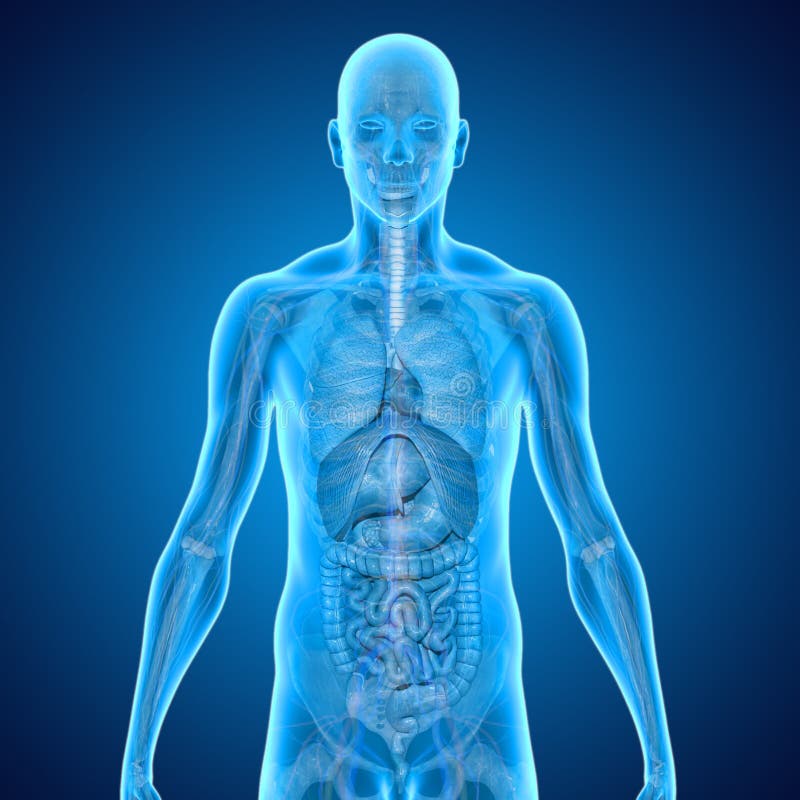Human body structure Human Anatomy and Physiology Biology Diagrams The human body is the physical substance of the human organism. Characteristic of the vertebrate form, the human body has an internal skeleton with a backbone, and, as with the mammalian form, it has hair and mammary glands. Learn more about the composition, form, and physical adaptations of the human body.

Digestive system - anterior view. The human body is a biological machine made of body systems; groups of organs that work together to produce and sustain life. Sometimes we get lost while studying about cells and molecules and can't see the forest for the trees. It can be helpful to step back and look at the bigger anatomical picture. Medical Art Library is a resource for teachers, students, health professionals or anyone interested in learning about the anatomy of the human body. We are medical artists who love anatomy. We believe that Illustrations can help you focus on key structures, see relationships, and quickly understand anatomy- in a way that words alone can't.

Organ Map: A Detailed Overview of Human Body Layout Biology Diagrams
There are 12 major anatomy systems: Skeletal, Muscular, Cardiovascular, Digestive, Endocrine, Nervous, Respiratory, Immune/Lymphatic, Urinary, Female Reproductive, Male Reproductive, Integumentary. Skeletal System The skeletal system includes all of the bones and joints in the body. Muscular System The muscular system is responsible for the The anatomical position. To further increase precision, anatomists standardize the way in which they view the body. Just as maps are normally oriented with north at the top, the standard body "map," or anatomical position, is that of the body standing upright, with the feet parallel, shoulder width apart, and with toes forward. Molecules are the chemical building blocks of all body structures. A cell is the smallest independently functioning unit of a living organism. Single celled organisms, like bacteria, are extremely small, independently-living organisms with a cellular structure. All living structures of human anatomy contain cells, and almost all functions

The human body is a complex system of organs, tissues, and structures that work together to sustain life. Each organ has a specific location and function, contributing to processes like circulation, digestion, and respiration. The body is organized into distinct anatomical regions, each housing specific organs that contribute to

Complete Guide on Human Anatomy with Parts, Names & Diagram Biology Diagrams
Female (left) and male (right) adult human bodies photographed in ventral (above) and dorsal (below) perspectives. Naturally-occurring pubic, body, and facial hair have been deliberately removed to show anatomy.. The human body is the entire structure of a human being.It is composed of many different types of cells that together create tissues and subsequently organs and then organ systems. In our body's unique design, there are two fundamental disciplines: physiology, which tells about the inner workings of the human body, and anatomy, which explores its complex structure. Human anatomy analyzes the body's architecture, from the tiniest cellular components to the formation of tissues, organs, and interconnected systems.

